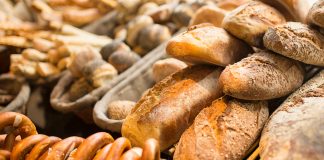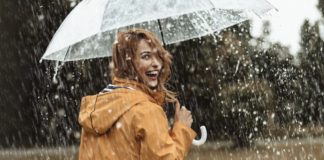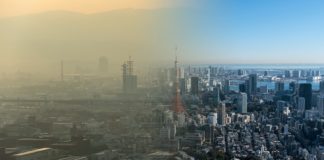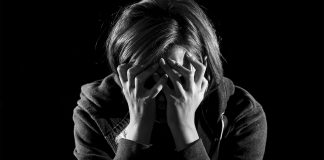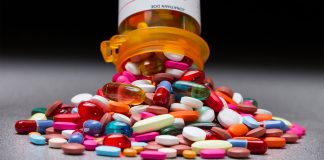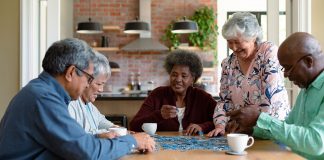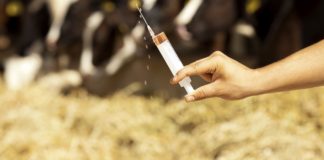Gluten under the microscope
Only people with specific gluten-related conditions—such as celiac disease, wheat allergy, or non-celiac gluten sensitivity—experience adverse reactions to gluten consumption.
COVID-19: Lessons on happiness from an invisible teacher
When life takes a bad turn, we are often tempted to console ourselves with nostalgia. We begin to look at the past in a different light. We realise that we had been too demanding of ourselves, of others, of the world. That even though we had everything we needed we still wanted more. That we were always looking for something else, without paying...
COVID-19 after vaccination: How much does vaccination protect us?
Why can vaccinated people still get COVID-19 or even die from the disease?
COVID-19: Should we care about the environment in the midst of an economic crisis?
Our planet may be fittingly compared to the 1994 film, Speed: A bomb is planted on a bus and rigged to explode when the bus slows to less than 80 kilometres per hour. The bus barrels through Los Angeles, hitting obstacles and endangering the lives of passengers and pedestrians until a solution is found.
Websites with reliable information about COVID-19: How to choose our medical sources of information
Obtaining information in the medical field does not only pose theoretical or scientific problems—it also has very high stakes. Taking data and suggestions from providers who disseminate incorrect or incomplete information can lead to sickness or even death, because these sources provide ineffective or harmful treatment recommendations. What follows is a list of websites with reliable information about COVID-19 we recommend consult regularly.
The things we suffer from are not the things that define us
At 28, the world was hers. Ellie Finch Hulme was engaged to the man of her dreams, and a lifetime of experience lay before her, like an open field in which one could run freely in any direction. Then came the diagnosis.
COVID-19: Social distancing and the new ways to love amidst the pandemic
The epidemiologist Marc Lipsitch thinks that social distancing will have to continue, in one way or another, hopefully in milder forms and in correlation with other activities. Lipsitch is the author of a study suggesting that social distancing may be necessary, possibly intermittently, until 2022.
Dietary supplements: a surprising revelation
By 2030, the global dietary supplements market is projected to surpass US $327 billion, according to Grand View Research (2023). But do these soaring numbers reflect real, measurable benefits—or simply growing consumer enthusiasm?
COVID-19 and our low-risk but endangered children
All COVID-19 statistics lead to the same conclusion: the young ones, our children, are at the lowest risk of getting ill or dying from the virus. That’s comforting. But the pandemic does pose a certain danger to them.
COVID-19: Seeds of goodness in the midst of the pandemic
In recent weeks, we have all experienced a state of unrest. Our eyes have been on the rising numbers of COVID-19 infections, as we try to comply with the restrictions imposed by the state of emergency. But we have also had bright moments, moments we might not have anticipated just a short time ago.
They call it poppy love
I have an acutely vivid memory which triggered this article. It was a wet day in London in the winter of 2002. My 145kg frame was squished in the front seat of a tiny blue Fiat Punto with two colleagues in the parking lot of a Burger King.
All juiced up
I have a mentor friend at the gym who I catch up with every now and again between sets. He’s one of those massive dudes who everyone in the gym knows—his walk from the locker to the dumbbell rack consists of greeting and fist-bumping pretty much every guy on the way.
Organic or conventional: a challenging food choice
The controversy surrounding organic foods is far from being resolved. Some argue it’s merely a marketing tool aimed at emptying consumers’ pockets, while others believe they’ve found the path to better health, provided they can afford the luxury.
No laughing matter
We’ve all been guilty of memory lapses at times—forgetting a birthday or anniversary, that needed ingredient we were supposed to pick up at the grocery store, where we put our car keys, even where we parked the car. And mostly we just joke about these memory lapses and tease each other about them. However, for some 50 million people around the world who...
Second-hand antibiotics
We might be tempted to believe that most antibiotics are distributed to people through pharmacies and hospitals. The reality, however, is surprising.












